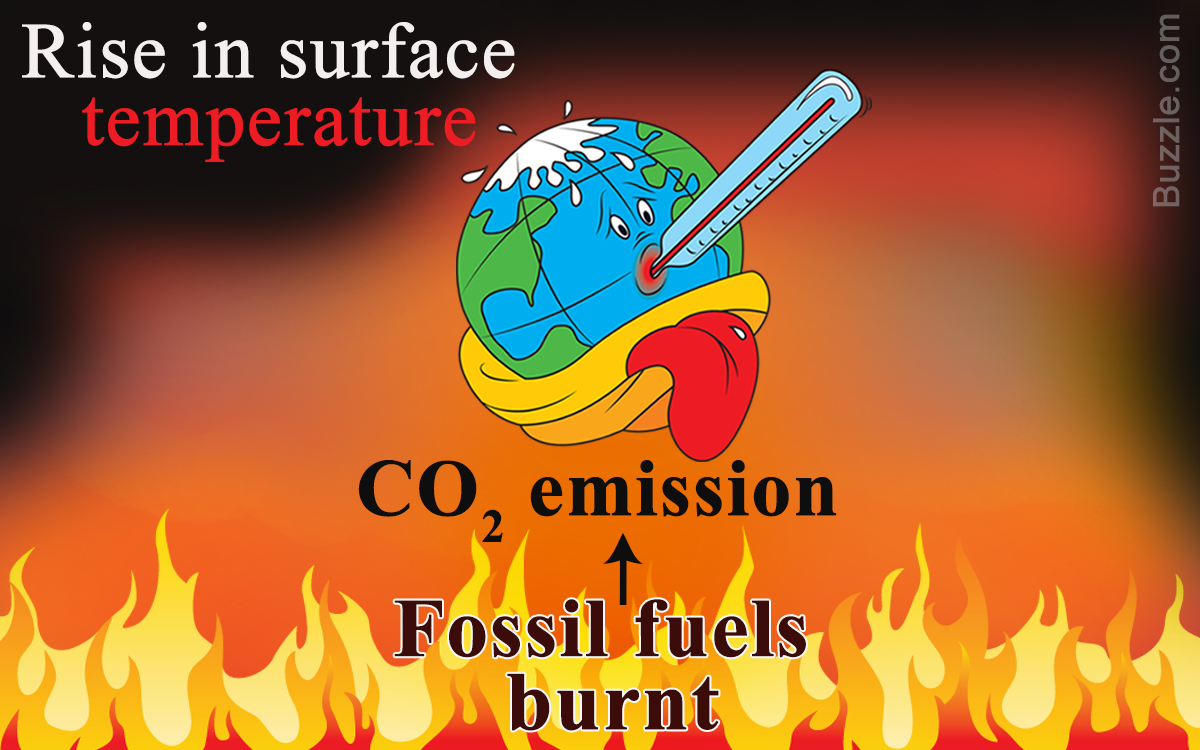Fossil Fuels & Global Warming: How are they Related?

Coal, oil and natural gas are the three different forms of fossil fuels that are widely used. They are formed by the process of anaerobic decomposition of organic matter under the surface of the earth for millions of years. Large-scale use of fossil fuels started since the Industrial Revolution. Today, these are the most widely used sources of energy available for the use of both personal as well as commercial purposes. Petroleum is used to fuel our vehicles, while coat and natural gas are used to produce electricity for our homes and offices. Almost three-fourth of the demands of the energy in the world is fulfilled by fossil fuels.
Higher Seas
Rise in sea level can adversely affect the climate of the earth. It is believed that there will be drastic changes in the weather conditions in various parts of the world. The glaciers of the earth will melt at a much faster pace. As a result, the areas which are located near the water bodies like, the coastal regions and the banks of the river, are likely to get submerged under water.

Comments
Post a Comment